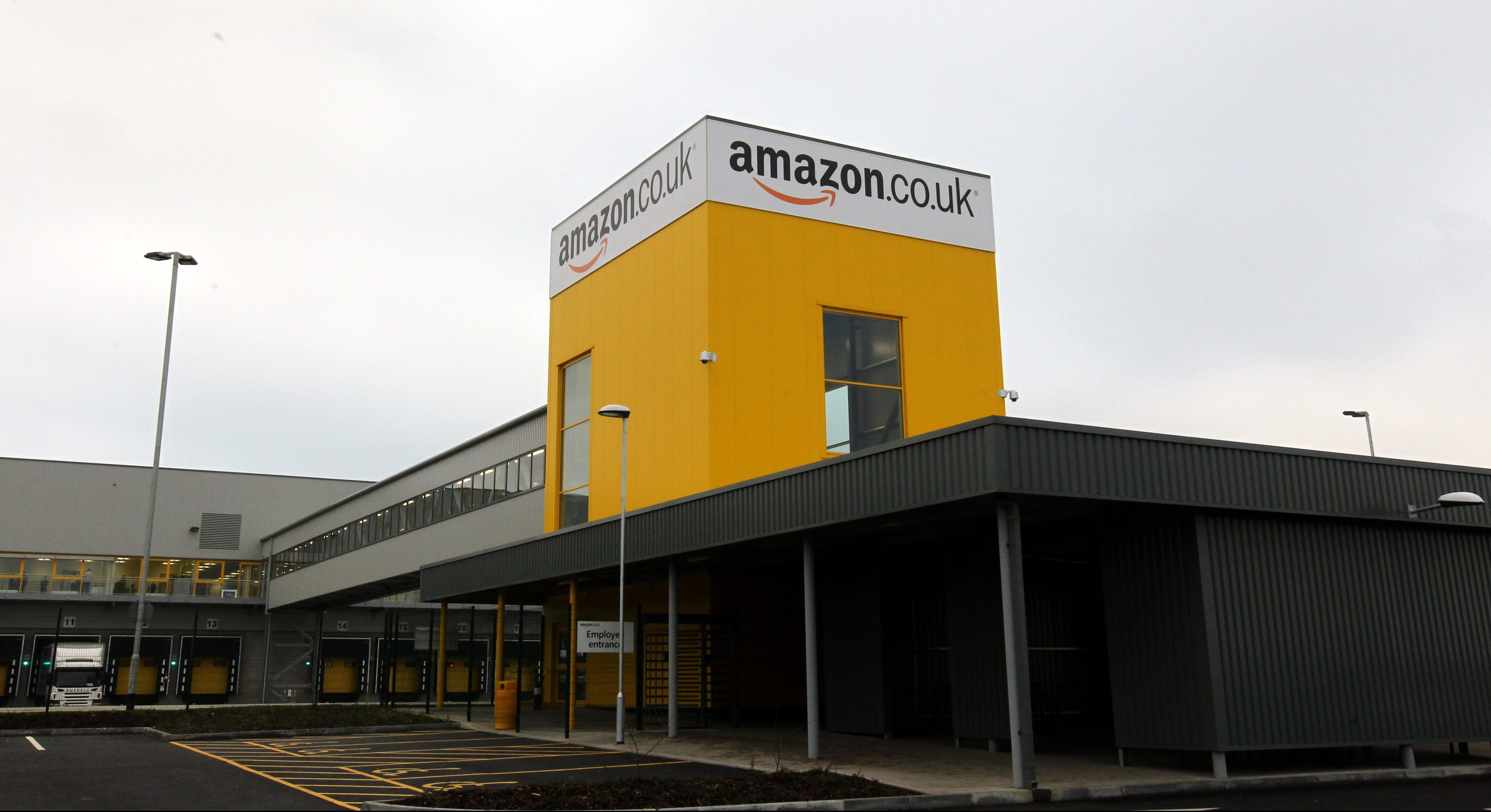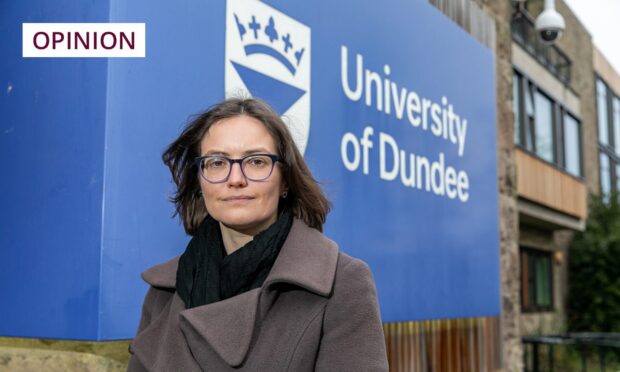Small is beautiful but bigger is better. I’m torn on this one.
As I let a big company into another part of my life, I thought about the balance between uniqueness of local firms and the seductive savings megacorporations can bring.
It was a simple change. Amazon now owns the online comics reader Comixology, so I had the option to combine my accounts. I took it immediately, because I was happy to read Kindle purchases in the user-friendly Comixology app. I clicked on a thing and my life became easier.
But I was struck by what I’d done. I’d supported globalisation, just a little.
Amazon’s 2013 mission statement talks about becoming “Earth’s most customer-centric company” in various ways, and the most interesting word in it is “Earth”. This is a company which, fully 15 years ago, was operating on a global scale and keeps growing.
Founded in 1994, Amazon is now the fourth most valuable public company in the world. The top three are Apple, Alphabet (parent company of Google) and Microsoft. They all operate across borders in complicated, profitable ways. See also Walmart (which made $486 billion in 2017), and others.
Sometimes I wonder how few companies will exist one day. Disney, for example, now owns so many intellectual properties that Spider-Man and Homer Simpson could team up to fight Darth Vader with little legal impediment. (I’d watch that movie.)
Science fiction teaches us this may not end well. There’s everything from Omni Consumer Products in Robocop to Weyland-Yutani in Alien, and the bigger they are, the scarier they get. How about a delicious slice of Soylent Green?
So, even as I benefit from the economies of scale (and value the hundreds of Amazon jobs in Fife), I feel uneasy with my support of the megacorp. I’ll try to feel better by renewing my call, made in response to the demise of Toys R Us, to support little companies when we can.
Yes, Starbucks coffee is good, but I’ll try to buy from a local shop. And, even as I enjoy easy access to online comics, I’ll visit my local bookshop, too. There’s a place for big and small.
Small is beautiful but bigger is better. I’m torn on this one.
As I let a big company into another part of my life, I thought about the balance between uniqueness of local firms and the seductive savings megacorporations can bring.
It was a simple change. Amazon now owns the online comics reader Comixology, so I had the option to combine my accounts. I took it immediately, because I was happy to read Kindle purchases in the user-friendly Comixology app. I clicked on a thing and my life became easier.
But I was struck by what I’d done. I’d supported globalisation, just a little.
Amazon’s 2013 mission statement talks about becoming “Earth’s most customer-centric company” in various ways, and the most interesting word in it is “Earth”. This is a company that, fully 15 years ago, was operating on a global scale and keeps growing.
Founded in 1994, Amazon is now the fourth most valuable public company in the world. The top three are Apple, Alphabet (parent company of Google) and Microsoft. They all operate across borders in complicated, profotable ways. See also Walmart (which made US$486 billion in 2017), and others.
Sometimes I wonder how few companies will exist one day. Disney, for example, now owns so many intellectual properties that Spider-Man and Homer Simpson could team up to fight Darth Vader with little legal impediment. (I’d watch that movie.)
Science fiction teaches us this may not end well. There’s everything from Omni Consumer Products in Robocop to Weyland-Yutani in Alien, and the bigger they are, the scarier they get. How about a delicious slice of Soylent Green?
So, even as I benefit from the economies of scale (and value the hundreds of Amazon jobs in Fife), I feel uneasy with my support of the megacorp. I’ll try to feel better by renewing my call, made in response to the demise of Toys R Us, to support little companies when we can.
Yes, Starbucks coffee is good, but I’ll try to buy from a local shop. And, even as I enjoy easy access to online comics, I’ll visit my local bookshop, too. There’s a place for big and small.










